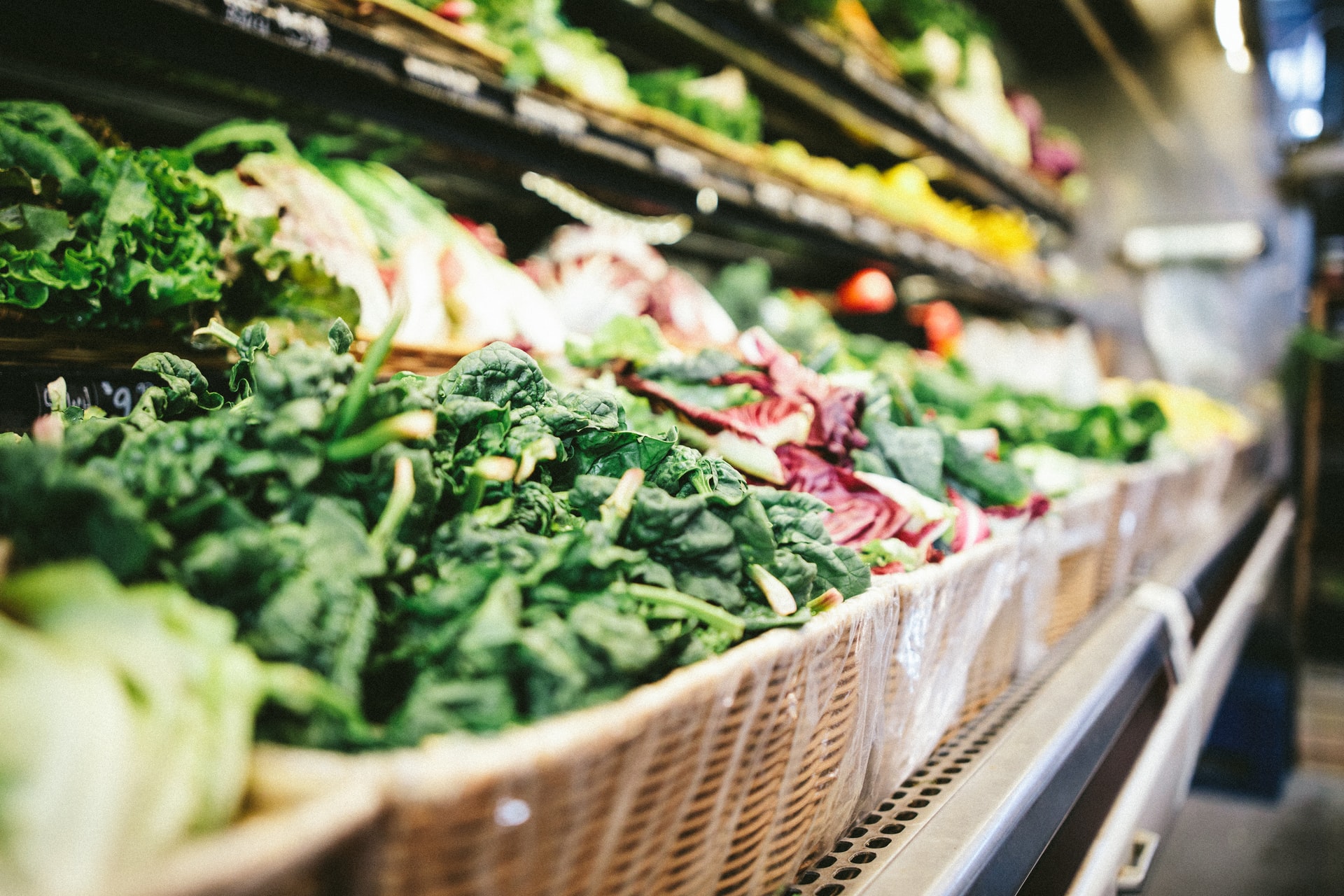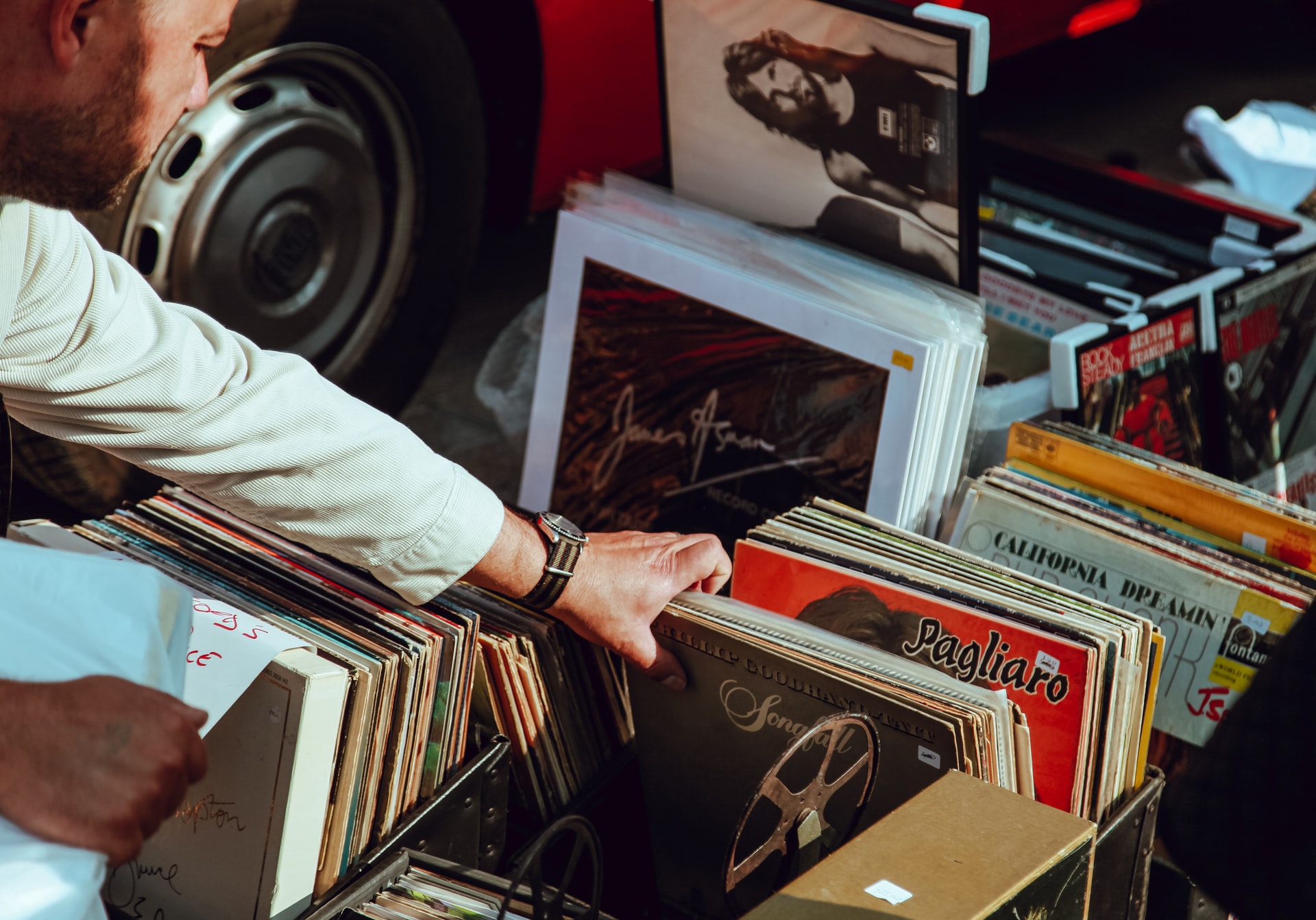As far as we are concerned, there is only one planet with a livable atmosphere that can sustain human life, but we are out there acting like we have several options if this planet dies out. We only have one planet, and we need to start to act like it and start taking steps to be more ecologically friendly. So, without further ado, let’s dive into this blog and learn some of the things that everyone can do to save other Earth.
1. Eat local and in season

It sounds silly when you say it like that, but eating oranges in July or strawberries in winter is not normal. So let’s stop trying to satisfy our desires with impunity and get back to a natural rhythm: let’s eat tangerines in December and strawberries in May (with whipped cream). You will have only benefits, both in terms of your health (fruits and vegetables will have more vitamins), your taste buds (more taste in foods that had seen the sun when they needed it), and your ecological conscience (no need to bring strawberries from Kenya and pollute the planet excessively).
2. Repair rather than throw away
Programmed obsolescence has changed the way we consume. If our grandfathers and grandmothers used to repair their socks with holes and their washing machines, today we throw away and buyback. The big companies have managed their business well and charge more for a repair part than for a new machine. Let’s unite against this obsolescence that pollutes everything, and let’s repair what we can.
Let’s relearn how to sew a button, a piece of sock. Let’s repair our bikes in the many cafés and workshops that offer them. Let’s take care of our stuff, so we don’t have to replace it every 6 months. Some major brands have understood that the overconsumption of fashion is starting to weigh on many customers. For example, to reduce waste, Nike will resell slightly used shoes.
3. Reduce waste

On average, 345 kg of food is wasted per year per person in Belgium! We are rarely aware of our waste, but it is a sad reality. It’s time to change things and put new habits in place. If you never finish your plates and half of the dish goes in the garbage, maybe you should reduce the quantities. Buying (glass) Tupperware to take your leftovers to work or school the next day is a good idea to avoid waste.
Waste doesn’t just happen at home; there’s also a lot of it in restaurants and supermarkets. The Too Good to Go app allows retailers and restaurant owners to offer last-minute resale products that are no longer available in stores/restaurants at a lower cost. You reserve a basket/meal and can pick it up once the merchant’s day is over. You can have delicious surprises and receive a basket of vegetables for a small fee!
4. Buy second hand
Second-hand does not have the bad image it had 20 years ago. The shame of wearing clothes already used by others is over, and this act has become trendy from a clothing point of view, ecological and political. Fed up with overconsumption, let’s change things!.
You will find vintage stores everywhere that offer you nuggets at very (very) affordable prices. Go to second-hand bookstores, where you will find the latest Marc Levy, the first Balzac, and lost pockets that are just waiting for you to relive their stories. This is a trend that has been accelerated by the health crisis, as people are becoming more and more aware.
Spend an hour on online resale sites before going to the store to buy a new TV, there are probably people who are reselling theirs and will go buy another one, but with the one you’re taking back, that’s still one less in the garbage.
5. Reduce your consumption of meat and fish

Even if it will not solve the climate crisis, meat production remains one of the biggest sources of planetary pollution: huge use of water, surface (deforestation), energy, fuel. On top of that, animal abuse is sometimes unbearable (who hasn’t seen videos of chicks being crushed?) and tends to influence more and more people on the way they consume.
You don’t necessarily have to become vegan tomorrow, but you can reduce your meat and fish consumption while favoring organic and local sources; after some time of market adaptation, things will eventually change.
Sound off in the comments section below and tell us what you want to read next and if you want to read more ways in which you can save our planet.
